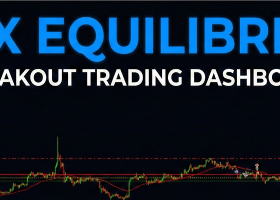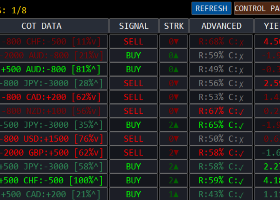
(25 APRIL 2017)DAILY MARKET BRIEF 2:US budget deficit back under the spotlight
On Tuesday, financial markets continued to digest the result of the first round of the French election but the focus is slowly shifting towards the US as Trump announced he will unveil his “phenomenal” tax reform and put it protectionist trade policy back on the drawing board. Nevertheless the dollar index was mostly trading sideways this morning, suggesting that the market is very suspicious regarding Trump’s announcement. In fact, it seems that the market is not even buying his stories anymore and would rather wait for concrete actions.
We are very suspicious that Trump’s tax cut reform will pass the Congress as it will make the US deficit to balloon. In addition, the timing couldn’t be worse as US budget deficit has become the new hot topic recently as the government is running out of money, meaning that a government shutdown is looming. There is little chance that the Trump administration will get the Congress to sign its tax cut reform, while at the same time getting it to sign off another spending bill. Trump is indeed in a deadlock.
In such an environment, we should continue to see some inflow in the single currency. The shift towards riskier asset should continue, even though the market is converging towards a new port-French-first-round-election equilibrium for now. Against this backdrop, we remain dollar negative dollar, waiting for further clarity on the US outlook and more specifically US budget story. The yellow metal was down another 0.50% today, while the Japanese yen slid 0.60% with USD/JPY rising to 110.40. After breaking successfully its 200dma to the upside, EUR/USD is now testing the key resistance at 1.0865 (Fibonacci 38.2% on August 2015-Januray 2016 debasement). A break of the latter would open the road towards 1.12 (Trump pre-election level). The ongoing French election will remain a hurdle for the single currency in the short-term.
By Arnaud Masset


